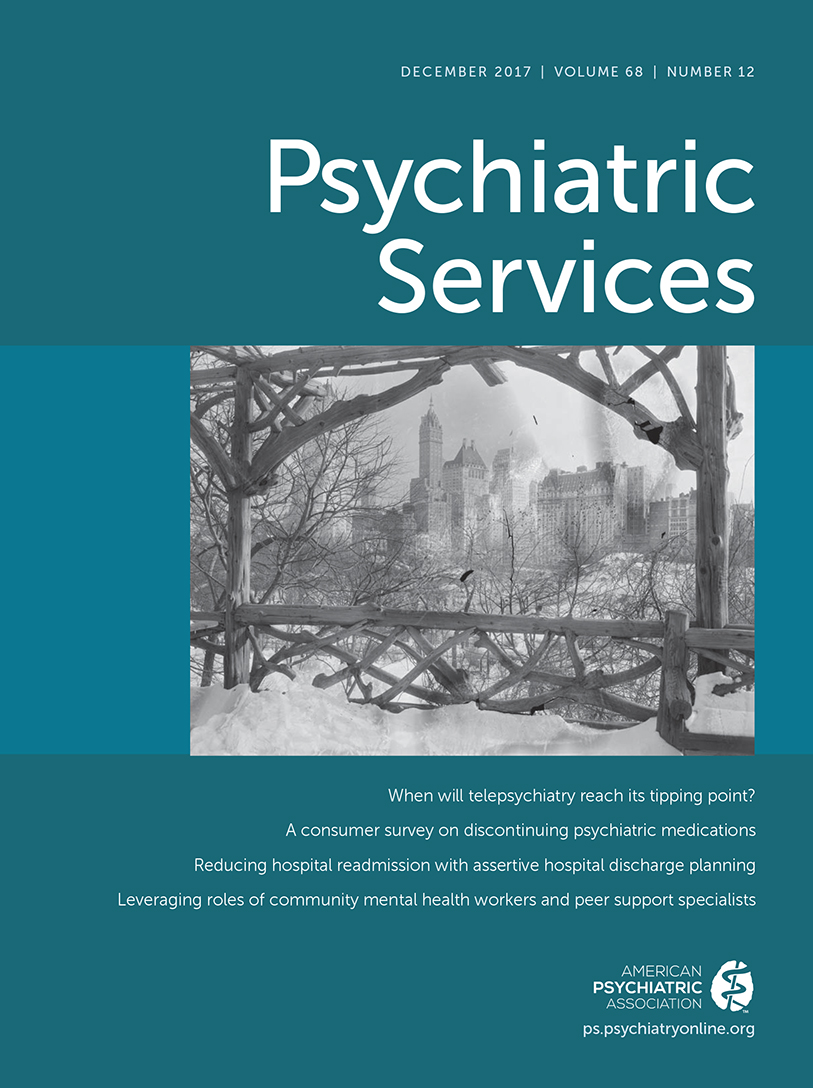Cost-Effectiveness of a PTSD Intervention Tailored for Individuals With Severe Mental Illness
Abstract
Objective:
This study examined the cost-effectiveness of a cognitive-behavioral therapy (CBT) intervention for posttraumatic stress disorder (PTSD) that is tailored for adults with a co-occurring severe mental illness.
Methods:
Data were from a randomized trial involving 183 adult clients of two outpatient clinics and three partial hospitalization programs. All had a severe mental illness diagnosis (major mood disorder, schizophrenia, or schizoaffective disorder) and severe PTSD. Participants were randomly assigned to the tailored 12- to 16-session CBT intervention for PTSD (CBT-P) or a three-session breathing retraining and psychoeducation intervention (BRF). Cost estimates included intervention costs for training, supervision, fidelity assessment, personnel, and overhead and related mental health care costs for outpatient, inpatient, and emergency department services and for medications. The incremental cost-effectiveness ratio comparing CBT-P with BRF measured the added cost or savings per remission from PTSD at 12 months postintervention. Generalized linear models were used to estimate intervention effects on annual mental health care costs and the likelihood of a remission from PTSD. Ten thousand bootstrap replications were used to assess uncertainty.
Results:
Annual mean mental health care costs were $25,539 per client (in 2010 dollars) for BRF participants and $29,530 per client for CBT-P participants, a nonsignificant difference. The mean incremental cost-effectiveness ratio was $36,893 per additional PTSD remission yielded by CBT-P compared with BRF (95% confidence interval=−$33,523 to $158,914). Remissions were associated with improvements in quality of life and functioning.
Conclusions:
An effective CBT intervention tailored for adults with severe mental illness and PTSD was not found to be more cost-effective than a brief three-session intervention.



